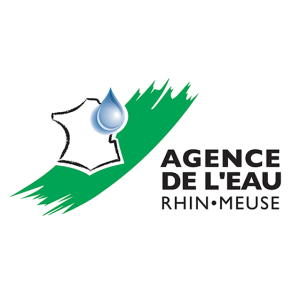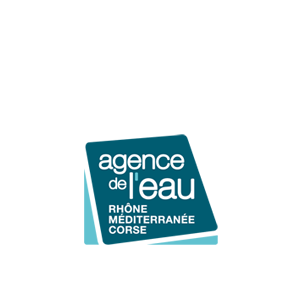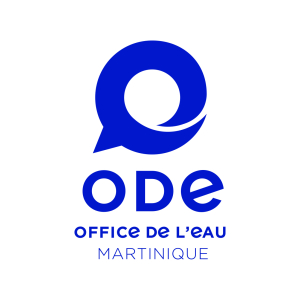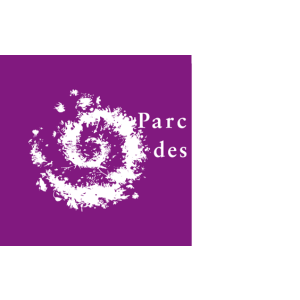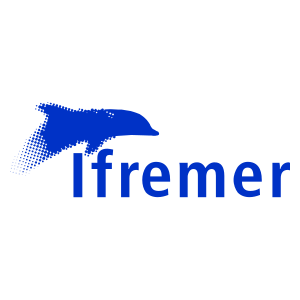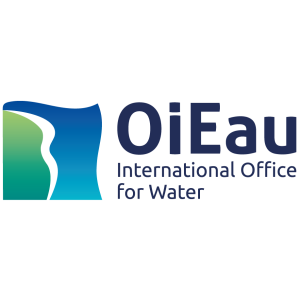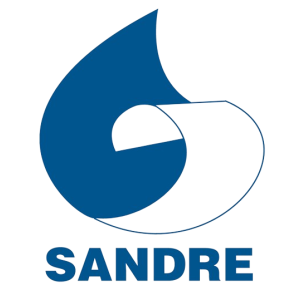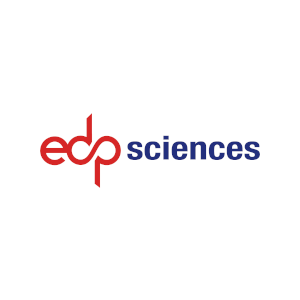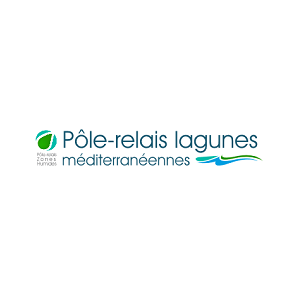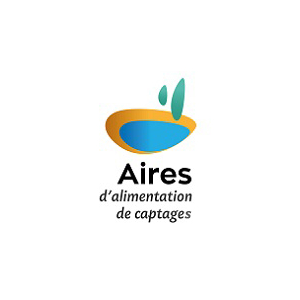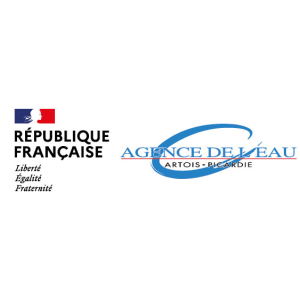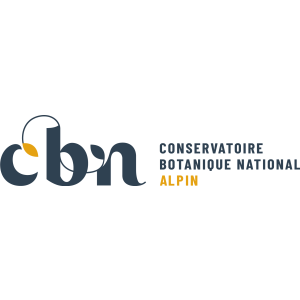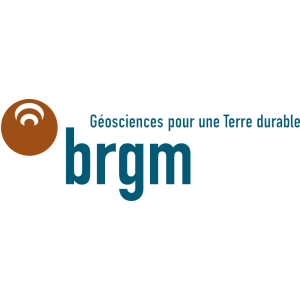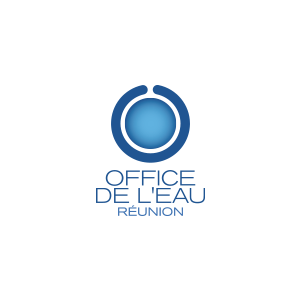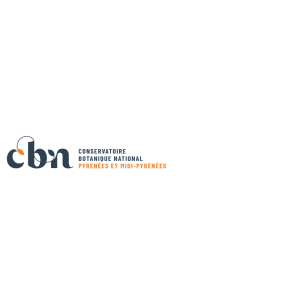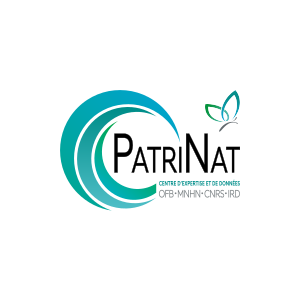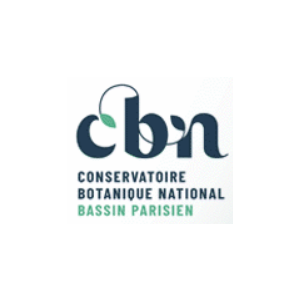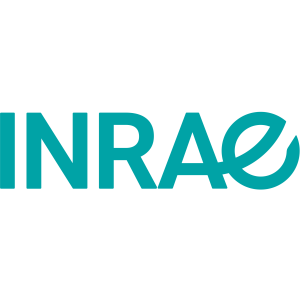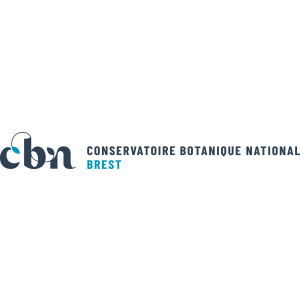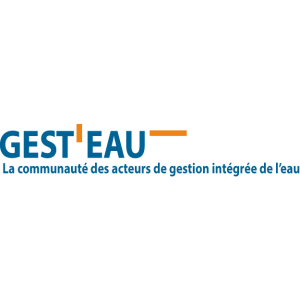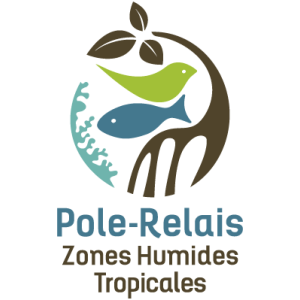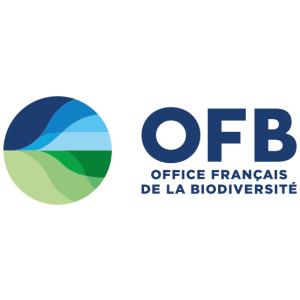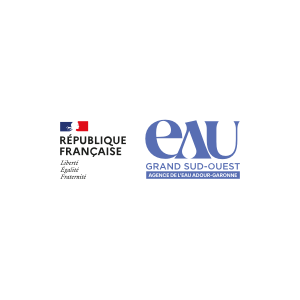
Document généré le 20/02/2026 depuis l'adresse: https://www.documentation.eauetbiodiversite.fr/fr/notice/influence-of-dietary-bulk-agents-silica-cellulose-and-a-natural-zeolite-on-protein-digestibility-growth-feed-intake-and-feed-transit-time-in-european-seabass
Influence of dietary bulk agents (silica, cellulose and a natural zeolite) on protein digestibility, growth, feed intake and feed transit time in European seabass (
Titre alternatif
Producteur
Contributeur(s)
Éditeur(s)
EDP Sciences
Identifiant documentaire
10-dkey/10.1016/S0990-7440(98)89004-9
Identifiant OAI
oai:edpsciences.org:dkey/10.1016/S0990-7440(98)89004-9
Auteur(s):
Jorge Dias,Christine Huelvan,Maria T. Dinis,Robert Métailler
Mots clés
Date de publication
15/07/1998
Date de création
Date de modification
Date d'acceptation du document
Date de dépôt légal
Langue
en
Thème
Type de ressource
Source
https://doi.org/10.1016/S0990-7440(98)89004-9
Droits de réutilisation
Région
Département
Commune
Description
The incorporation of various bulk agents by substitution of an equivalent amount of the basal mixture was studied in terms of protein digestibility, growth performance and body composition in European seabass (Dicentrarchus labrax) juveniles. During the growth trial, triplicate groups of 40 seabass (mean initial weight: 7.0 g) were grown in seawater (salinity: 35; temperature: 18 °C) over 60 days. Fish were hand-fed, three times a day, one of seven experimental diets. Bulk agents tested at 10 or 20 % level of incorporation were silica, cellulose and a natural zeolite (chabamin). Feeding rates were adjusted in proportion to the percent dilution of the control diet without bulk incorporation. The incorporation of the bulk agents, at a 10 and 20 % level, did not affect protein digestibility or growth performance. Dietary bulk incorporation reduced feed efficiency values, particularly at the 20 % incorporation level. However, this reduction was mostly caused by the dietary nutrient dilution of the bulk-incorporated diets, rather than by a negative effect of the bulk agents as dietary ingredients. In comparison to the control treatment, bulk incorporation at 10 and 20 % level did not affect protein retention values. When compared with the control diet, 20 % bulk agent incorporation changed the evacuation profile of faeces and increased faecal egestion time.
Accès aux documents
0
Consultations
0
Téléchargements

